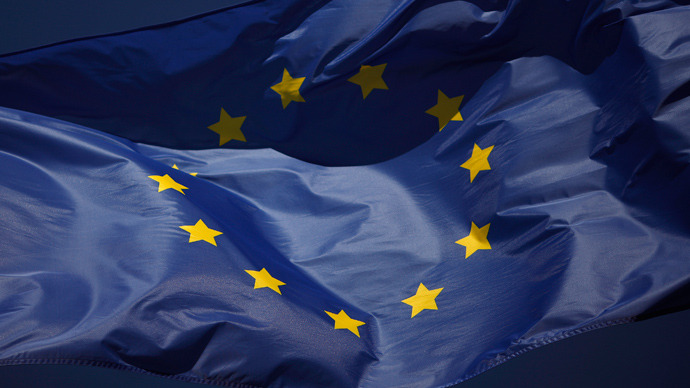EU calls on Austria and Luxembourg to abandon bank secrecy regime

Austria is under pressure from the European Commission over its banking secrecy policy and risks being left alone in an "unsustainable position" as the EU gears up for a drive to curb tax evasion.
The Commission has called on Austria to free up information on
foreign depositors in its banking sector on Monday and follow the
transparency rules other EU members follow.
The move comes as Germany steps up efforts to force all offshore
banking centers in Europe to abandon banking secrecy regimes and
apply uniform rules on exchanging account holders' data. Austria
and Luxembourg have been under particular pressure as the two are
the only EU member states currently holding out.
Cyprus's drama with its burdensome bailout served to focus on
European regulations regarding foreigners holding large deposits in
offshore havens within the eurozone and toughen up the
jurisdictions across the bloc.
To show support with the line Germany is pushing forward,
Luxembourg says it may ease its secrecy regime.
"We no longer strictly reject this, in contrast to before,"
Luc Frieden said, speaking about international trend towards
greater banking transparency with Germany's Frankfurter Allgemeine
Sonntagszeitung.
Luxembourg's banking system holds deposits equivalent to about 10
times the tiny country's economy, while Austria's banking sector is
135.3% of the country's GDP according to the World Bank data as of
2011.












